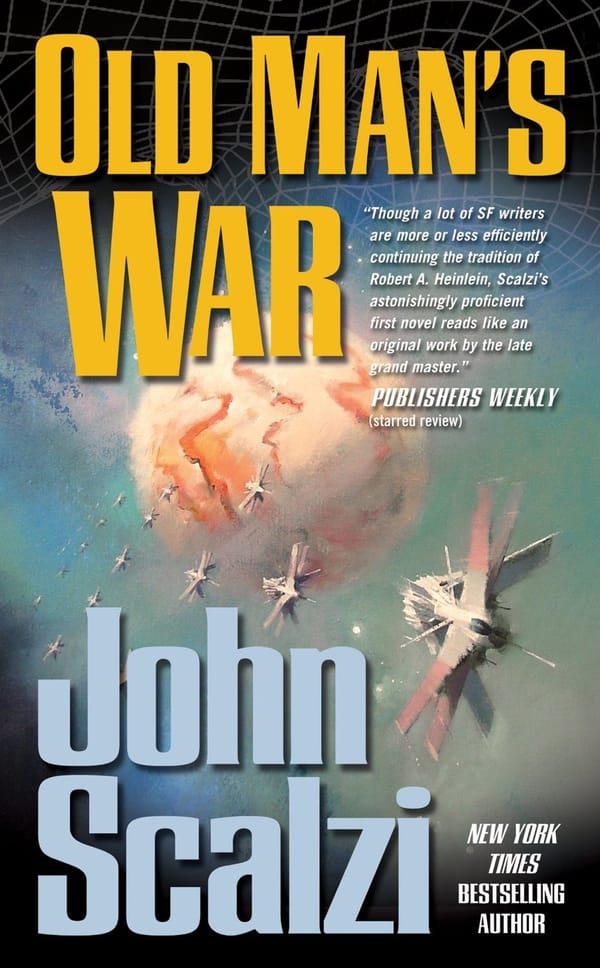Best of Henry James
Eva Rosenthal on the bibliography of Henry James

In Henry James’ The Figure in the Carpet, several unlucky people become obsessed with painstakingly unearthing the meaning concealed – literally – in the works of a brilliant novelist. The story plays easily with the reader; it dangles a something sweet – the promise of ultimate knowledge – in front of us and ultimately disappoints. The after effect is wittily insidious: one may start to think that there could be, that there definitely is, a golden key, to decoding James’ entire body of work. If one were to look carefully enough, obsessively enough, perhaps it could be found... James cautions us throughout with his sad and unhappy characters but it is hard to resist his riddle.
This dilemma, to me, exemplifies the power of James’ short stories. More than just a writer of impossible syntax, James will drag the reader along with subtlety and stealth until they emerge, albeit fully submerged in the Jamesian world. Within 50 pages – and sometimes far less – humans are exquisitely drawn up. The characters feel heavy and tangible from the moment they appear; their actions, however strange, are precisely what they should be. As can be seen from the few examples below, James’ stories cover a wide range of subjects, which he treats with equal care and brilliance. Daisy Miller tells of the problems that a young American girl faces when travelling through Europe. Her personality is lost on the Europeans, whom she sometimes understands but who rarely understand her. Her desire for freedom and, in many ways, for simply flitting through life, are misunderstood by even her closest friends, who carelessly and cruelly criticise and abandon her. In La Pension Beaurepas, caricatures of rather empty ladies-who-shop, bankrupting their hardworking caretaker in the process, are juxtaposed with everything beautiful and delicate about desire.
James’ In the Cage has the feel of a detective story; here the voyeuristic tendencies and the imagination of a young, unnamed telegraphist, stuck in both a literal and a metaphoric cage, combine to conjure up an unexpected adventure. From her position as a ‘nothing’, she achieves a remarkable level of knowledge – perhaps real, perhaps fanciful – about the extravagantly rich people she comes into contact with. This is a tale, which, ultimately disheartening in its outlook, nevertheless encourages extravagant daydreaming to deal with the greyer hours.
Short stories are perfect if you don’t have the time or energy to concentrate on a longer novel. You can pick the book up whenever you want, sure in the knowledge that you won’t have to leave something unfinished for weeks while you work towards your next deadline. James’ tales are also something of a ‘language workout’; they require a little effort but the rewards are copious and the reader’s English may become much improved.
Selected Tales by Henry James; published by Penguin Classics ed. 2001.









